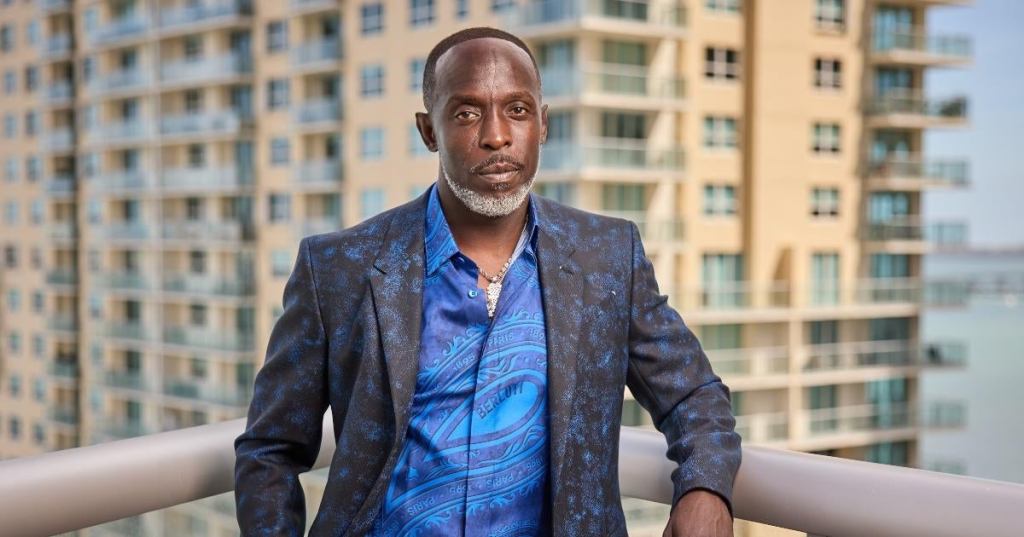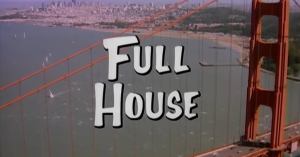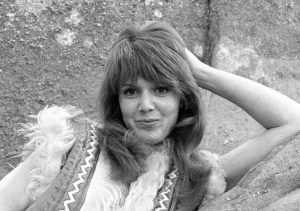As the world awaits the results of Michael K. Williams’ autopsy report, the nephew who found The Wire apartment doesn’t buy that his uncle died of an apparent overdose. Authorities believe Williams died of a drug overdose, namely heroin, as there was drug paraphernalia apparently discovered by Williams’ body.
Williams’ nephew spoke exclusively to Daily Mail and revealed that he and his wife discovered Williams’ body during checking a wellness check. Despite reports, he’s not in acceptance that drugs played a part. “I’m not going to speak about what the police are alleging,” Williams’ nephew Dominic DuPont, 43, told the outlet. “Police have often had different views about things. Last I checked, there was not an autopsy done. And that will happen.”
Videos by PopCulture.com
He and his wife, Staci Nixon DuPont, remain shocked by the discovery. “My wife and I did a wellness check and he was deceased,” he said. “We made the appropriate calls to 911.” Police believe the heroin may have been laced with fentanyl. Staci refutes the claim, telling the media outlet, “That’s not factual.”
Dominic isn’t discussing the specifics of the investigation. Instead, he wants the world to focus on Williams’ legacy as an actor and activist, which includes the work they did together promoting social justice and criminal justice reforms. Dominic was convicted as a teen of murder. As a result, he was sentenced to 25 years in prison. His sentence was commuted in 2017. Williams interviewed Dominic in the VICE documentary Raised in the System about his time in prison. The two remained close throughout Dominic’s life despite him being incarcerated.
“Michael was someone I loved as an uncle and he was also an amazing person,” he said. “He was someone who supported me through my incarceration. He supported me through his commitment to work with not only me but people who were in the same situations as me.”
Williams was a fierce advocate for Dominic, speaking with NPR about his nephew’s conviction in a 2016 chat with NPR. “You know, he went in at a very early age,’ Williams said. ‘He defended his twin brother in a fight, and they got jumped, and a gun went off, and someone lost their life at the hands of my nephew. And I believe that had we had the proper money to hire the high-powered lawyers, his outcome probably would’ve been different. But, you know, did he do the crime? Yes.”
Furthermore, Williams was proud of the way Dominic turned his life around. “Did he do the time? Absolutely,” Williams noted. “But his record, what he’s shown society, how he’s grown in there – we’re talking got his education, got married in there…He mentors young men that come in behind him, whether it’s an HIV/AIDS program or a Scared Straight program. While doing all of this, he still managed to keep his respect and his dignity.”
Prior to his death, Williams and Dominic were working on several projects, one of which would further highlight their desire for criminal justice reform. “Mike made it his life’s work to engage the community, people around social justice, criminal justice, policy work, to hopefully develop solutions where we could help communities who lack resources to heal.”









